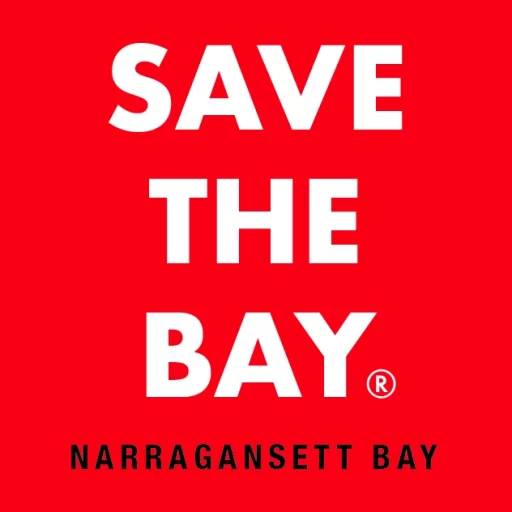D.E.M.’s climate resilience funding is a testament to the value of long-term, collaborative advocacy efforts
by Wenley Ferguson, director of habitat restoration
On July 29, 2020, the Rhode Island Department of Environmental Management awarded $4,360,600 in matching grants to more than a dozen communities for climate resilience projects. The funding for these grants came from the 2018 Green Economy and Clean Water Bond, as well as the 2014 and 2016 Green Economy Bonds—all of which Save The Bay advocated for. However, our role in the funded projects extends far beyond that, as Save The Bay has been involved in four of the 14 funded projects:

- Barrington – The town of Barrington was awarded $100,000 to promote coastal resilience at Allin’s Cove and Latham Park. We’ve been working with the town, the Barrington Land Conservation Trust and CRMC’s Coastal Geologist for over 10 years, addressing coastal erosion and stormwater runoff at Latham Park and Allin’s Cove. Save The Bay will continue to collaborate with the town on designing and implementing a shoreline regrading project to slow the rate of erosion and to restore a coastal bluff.
- Bristol County Water Authority – With their awarded $1.2 million, the BCWA will embark on removing the upper and lower Kickemuit River dams in an effort to restore a tidal estuary, reduce localized flooding and provide an area for salt marsh to migrate with sea level rise. Over the last four years, in addition to providing grant writing support to secure funds for the engineering and implementation phases, we have been working with BCWA and the Town of Warren on assessing the water quality of the lower and upper impoundments and helping secure local, state and federal partners.
- Narragansett – The town’s $140,000 award will support improved resilience through the removal of paved areas and the installation of salt-tolerant vegetation. Save The Bay has been working with the Narragansett Land Conservancy Trust on a Middlebridge Management Plan for the town-owned land along the Narrow River including the creation no-mow areas where salt marsh plants can migrate inland. We worked with the town on applying for design support for pavement removal from CRMC and implementation funding from DEM’s resilience bond.
- Warwick – With $400,000 in grant funds, the City of Warwick will remove pavement at the end of Strand Avenue that floods during moon tides while reducing stormwater runoff to the Brushneck Cove. The southern end of Seaview Drive that is vulnerable to erosion and flooding will be restored to a coastal buffer and a small parking area in the former road will be created to enhance public access. This project first identified by Save The Bay in 2012 and we’ve been working with Warwick and the Oakland Beach Neighborhood Association on the conceptual designs. The restoration project will help prevent erosion, restore coastal habitats, protect existing infrastructure, enhance water quality and more.
This grant announcement serves as a perfect example of how environmental advocacy can take time and effort, but result in significant returns. The process often involves introducing a community to an adaptation or restoration project, returning to reiterate the importance of the project, and partnering with the community to secure the resources needed to accomplish the work. These resilience projects are crucial for communities to take the necessary steps to adapt to changing conditions along our coast due to climate change.

